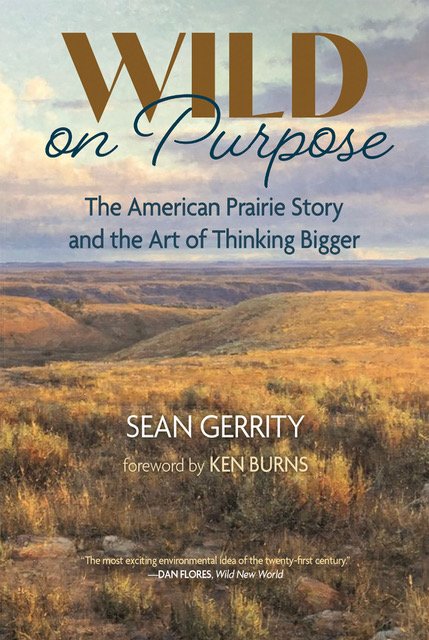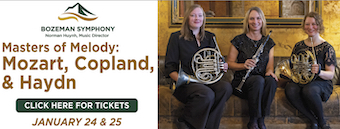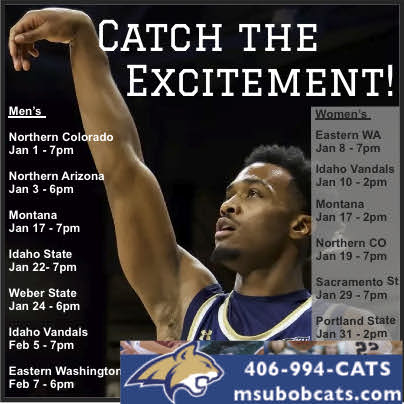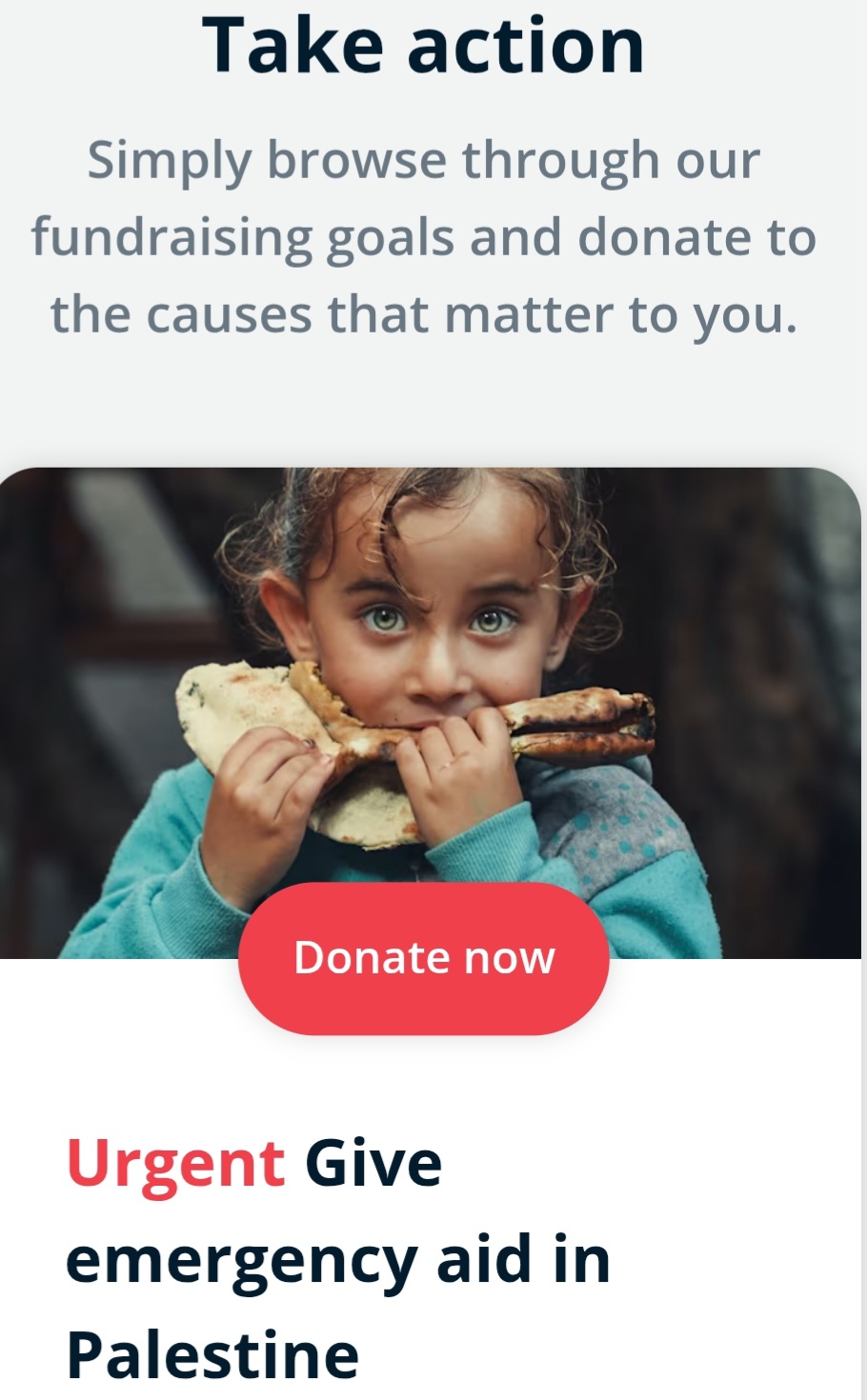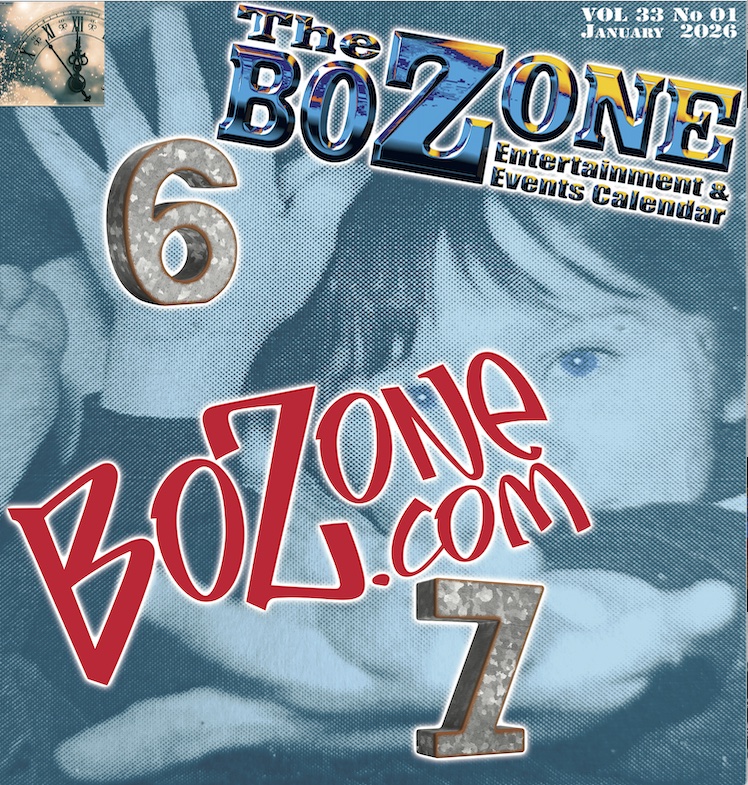Celebrating its tenth anniversary with its tenth studio release, the Bay Area’s wildly innovative performance dynamo Beats Antique emerges from the studio with a brand new album and stage show to mark the milestone. When multi-instrumentalists David Satori and Tommy Cappel and choreographer Zoe Jakes dove into development of the new Beats Antique era, the concept of “Shadowbox” emerged. Driven by the infinite wonders of the deceptively simple design, the narrative of shadows and light, of darkness and contrast, of reality and surreality propelled the music and vision into new territory.
Beats Antique is breaking the boundaries of conventional wisdom. Why can’t an electronic music performance encompass a range of emotion? This isn’t a nuclear-powered laser light show from the ever-intensifying optical arms race of the EDM industry. This is one of the earliest methods of storytelling brought from the past into the present. “The digital is there to enhance the analog,” notes Jakes. “We’re here to tell a story,” Satori adds. Bringing an album from the shadows of the studio to the brightly lit stage is what Beats Antique does best. These are storytellers for a digital age–equipped with the newest technology and ancient traditions. This is where the Beats meet the Antique.
In anticipation of their upcoming Bozeman performance, the Rolling Zone was able to get Cappel on the horn to talk experiential music, hitting the road, and…artificial reality?
RZ: Hey Tommy. How are you doing?
TC: Good!
RZ: What’s going on today? Tour prep?
TC: Yep, you know.
RZ: Thanks for taking the time to talk with me today, we’re excited for your show here in Bozeman.
TC: Awesome.
RZ: To start off, can you describe Shadowbox as a theme and how it’s definitive of this era of your music?
TC: This new record [and tour] is somewhat of a retrospective kind of thing. Shadowbox is the mystery in the shadow–you don’t know exactly what it is ever, [and it’s something to] invent it as you go.
RZ: Can you compare the upcoming album to some of the group’s previous efforts? What’s changed and what’s stayed the same?
TC: What’s stayed the same is [what’s been] hiding in the corner, that thing in the corner that’s making it all work. With our last project, we took the listener on a journey–we told a story. This [album] is a collection of stories made throughout our travels. We take people to Russia, we take people to Israel, Australia, back to San Francisco [through our own music and] collaborations with people we’ve worked with before and others like the Preservation Hall Jazz Band [of New Orleans].
RZ: How is listening to a Beats Antique track on say, an iPod, different from seeing it performed live?
TC: Well, there are different versions of the song. In those [recorded] tracks, we take out all the live drums, and basically the instruments that would be played [on stage]. We take out those parts and change the way that it goes. Then, we’ll change the arrangement and make it better for live [shows]. On top of that, you’re watching a belly dance that’s really able to captivate the audience and pull them in. You can imagine that while you’re listening to an iPod, but it’s really [about] the live experience. We try to make it as special as possible with the mediums we’re using.
RZ: I listen to your music at home, so I am excited to see the performance side of it.
TC: It’s a different experience, it really is. When you’re listening to it, you’re drawn away from where you are, whereas with the show, you’re brought closer to where you are.
RZ: Gotcha. Very cool. How do you feel the choreography elevates those performances?
TC: Zoe [Jakes] is just really, really talented and really understands how to work an audience. When’s she’s got some idea and she’s got some inspiration and she’s got the music for it, she knocks it out of the park every time. And I think it’s just a mixture of grace and fire–that’s what our band is. It’s that cohesive mix. The music is made for the dance, the dance is made for the music. The performance art we do is, I think, a genuine experience. That’s what we’re going for at least.
RZ: It definitely seems like experiential music.
TC: Yeah.
RZ: Beats Antique started off in San Francisco. What’s it like to leave that scene and take your music on the road? Does audience response shift, geographically speaking?
TC: The audience response definitely shifts. Luckily all of us have been doing it in different bands for a long time, so we kind of know what to expect when we go to different towns. But geographically, it matters one hundred percent. You can go to a show in Asheville, NC, then down the road to Charlotte and it’ll be totally different. You can go to a show in Bend, OR and then in Portland, it’s like “What?” Our crowd is very diverse. You can find really young people to people who are my age, in their forties, [who] are all dancing together. But it does matter. Honestly, most of the time, San Francisco is one of the toughest crowds.
RZ: Really.
TC: Yeah. We have tons of people performing and doing weird shit. [But] when you go to a place where a lot of people are searching for that in bands that come to town, you actually have a more fun show. Everybody is really into the moment of it. I feel like they kind of appreciate it more because they don’t get it as much.
RZ: It really is not as common.
TC: You go to a smaller town, it’s really awesome because people are just like, “Yeah, cool. Let’s go check this thing out, I have no idea what it’s going to be.” But whenever you’re in the birthplace of your ideas, I think it’s always a little bit intimidating. There’s a couple sides to it. It’s fun to go to places and do our show for people who’ve never really seen anything like it, unless they’ve been to our show.
RZ: You remix other artists’ songs. Do they respond to what you guys come up with? On the flipside, what’s it like when your material is remixed?
TC: Most of the people that we remix are people that get remixed a lot. When they get a remix from us, there’s more live, orchestral stuff going on. There’s more old music, more live instruments. Especially if its electronic music, we’ll try to go and make some of the parts almost a remake or a redo of just the orchestration of it. We love doing that. It’s actually one of our favorite things to do. Had a really good time doing some Major Lazer remixes, making them with banjo and piano.
RZ: That does sound like an interesting rendition.
TC: Then, having people remix us is really cool. It’s a really interesting process. You get it in the mail and you’re like, “Ok. Let’s hear this thing.” You just jump into somebody else’s brain, how they heard something in your song. That’s a really cool experience. Sometimes it’s better than others. It’s a unique thing. For everything that I don’t like, everybody else loves. It’s a funny moment. You have to just let go of it, take off your producer hat, [be] a music fan, and see what happens. It almost doesn’t matter who’s doing it, you never know what they’re going to do. It’s a crapshoot, but it’s a great experience. I love it. I think it’s cool for fans too because they get to hear something a little different, maybe something that’s more for the dancefloor but still hear our song.
RZ: That’s got to be pretty rewarding when people are work with your material.
TC: Yeah. Bassnectar did the first remix of us on “Roustabout” and he crushed it! It totally put us on the map in all these other kids’ ears. That’s what it’s all about.
RZ: Can you name one outstanding memory from your career with Beats Antique?
TC: I would say sitting in with other groups in Egypt in front of the Great Pyramids. That was pretty epic. We recorded it and it turned into a song called “Veil of Tears” on the <I>A Thousand Faces<I> album. There we were, playing on the ground at the pyramids playing with people in our community.
RZ: That would be a highlight for sure.
TC: It was really a beautiful experience.
RZ: Give us a look into your own musical tastes. What might we be surprised to hear?
TC: Well David’s super into Phish, [but] my secret obsession is probably Coldplay. I sing and play piano too, so I have a whole other side of me that isn’t this kind of shit.
RZ: It’s the kind of music that makes you feel.
TC: Yeah, totally man.
RZ: To close out, where do you hope or expect to see Beats Antique or yourself in the future?
TC: Well, thinking about having an AI, like artificial reality…show. Where we don’t have to go anywhere and we can just set up and be really weird and people can come and visit us, like, on their computer.
RZ: That’s a good career path.
TC: None of us actually have to go anywhere. We just hang out and jam with people, play music, party, and have fun instead of always being tucked away in our studio.
RZ: That’s not really out of the question these days.
TC: No, I don’t think it’s that far! People could put on a pair of glasses and hang out with us while we record. So maybe that’s where you’ll find me next.
RZ: Artificially. And it would really cut the travel expenses for sure.
TC: Yeah, it would.
RZ: Well we’re excited to see you guys in July!
TC: We love coming to Bozeman. Last time we were there, we had a really good time. We’re looking forward to it again, for sure.
Beats Antique will perform with help from rock fusion instrumentalists TAUK on an outdoor stage on Saturday, July 23rd beginning at 7:30pm in the Bridger Brewing front parking lot. Tickets to this awesome all ages show are available now for $32 in store or online at cactusrecords.net/ and $35 at the door. Doors at 6:30pm.
For more information about this and other shows, visit chickenjamwest.com/. •

